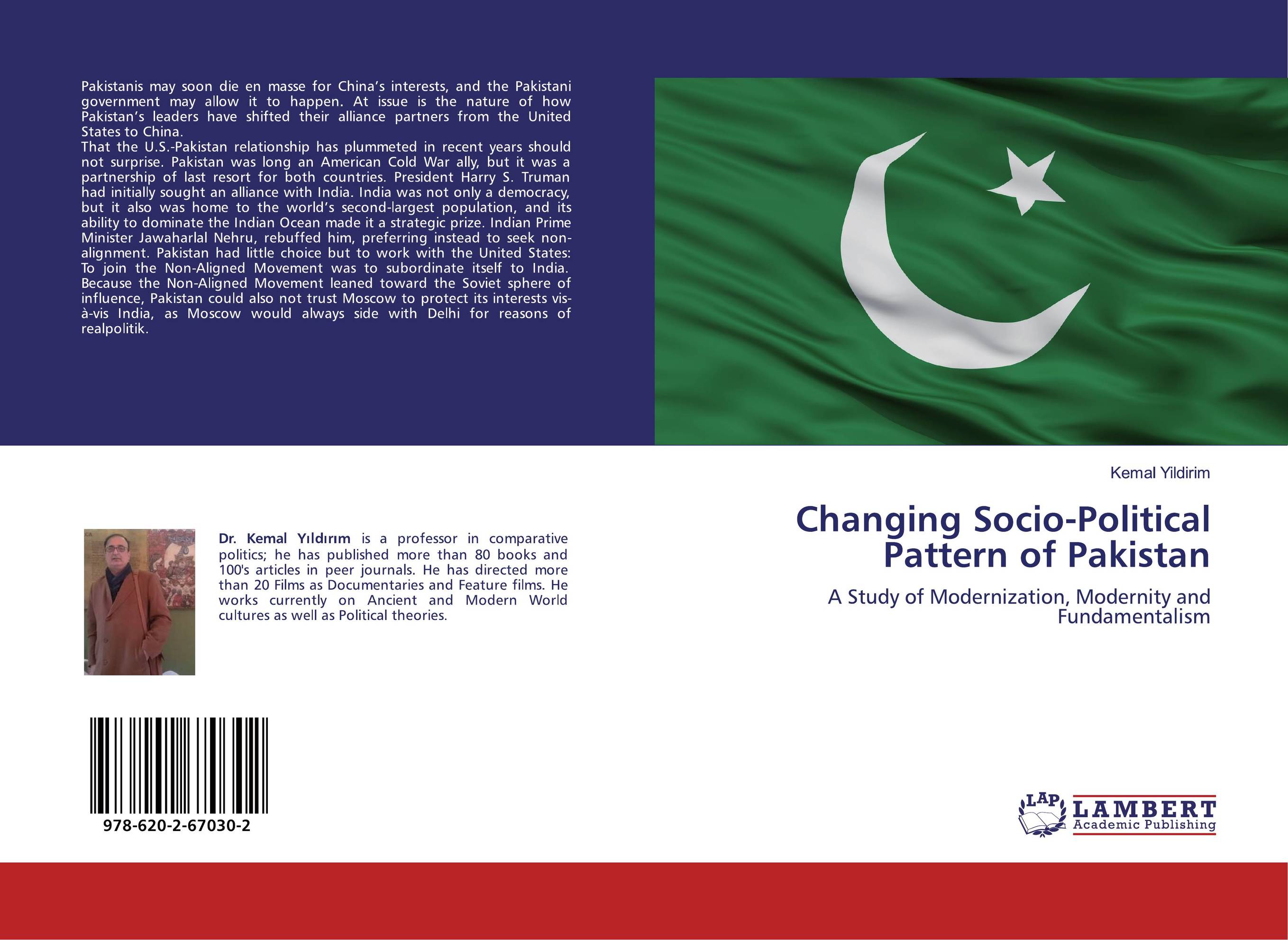| Поиск по каталогу |
|
(строгое соответствие)
|
- Профессиональная
- Научно-популярная
- Художественная
- Публицистика
- Детская
- Искусство
- Хобби, семья, дом
- Спорт
- Путеводители
- Блокноты, тетради, открытки
Changing Socio-Political Pattern of Pakistan. A Study of Modernization, Modernity and Fundamentalism

В наличии
| Местонахождение: Алматы | Состояние экземпляра: новый |

Бумажная
версия
версия
Автор: Kemal Yildirim
ISBN: 9786202670302
Год издания: 2020
Формат книги: 60×90/16 (145×215 мм)
Количество страниц: 84
Издательство: LAP LAMBERT Academic Publishing
Цена: 24061 тг
Положить в корзину
Позиции в рубрикаторе
Сферы деятельности:Код товара: 572624
| Способы доставки в город Алматы * комплектация (срок до отгрузки) не более 2 рабочих дней |
| Самовывоз из города Алматы (пункты самовывоза партнёра CDEK) |
| Курьерская доставка CDEK из города Москва |
| Доставка Почтой России из города Москва |
Аннотация: Pakistanis may soon die en masse for China’s interests, and the Pakistani government may allow it to happen. At issue is the nature of how Pakistan’s leaders have shifted their alliance partners from the United States to China.That the U.S.-Pakistan relationship has plummeted in recent years should not surprise. Pakistan was long an American Cold War ally, but it was a partnership of last resort for both countries. President Harry S. Truman had initially sought an alliance with India. India was not only a democracy, but it also was home to the world’s second-largest population, and its ability to dominate the Indian Ocean made it a strategic prize. Indian Prime Minister Jawaharlal Nehru, rebuffed him, preferring instead to seek non-alignment. Pakistan had little choice but to work with the United States: To join the Non-Aligned Movement was to subordinate itself to India. Because the Non-Aligned Movement leaned toward the Soviet sphere of influence, Pakistan could also not trust Moscow to protect its interests vis-?-vis India, as Moscow would always side with Delhi for reasons of realpolitik.
Ключевые слова: Economy, Sociology, politics, Religion, culture, Modernism, Modernization



